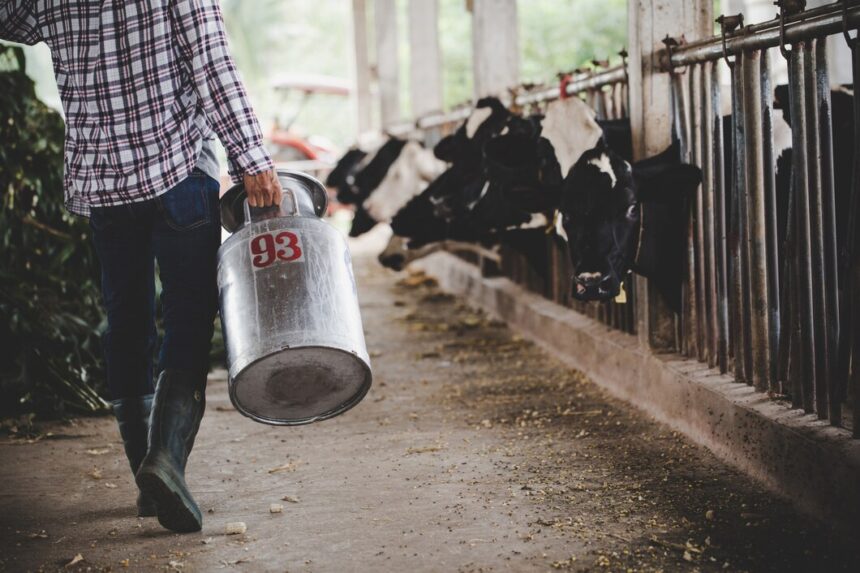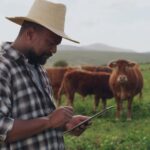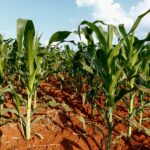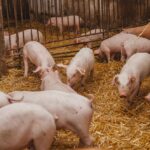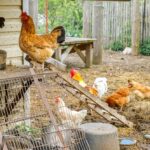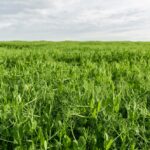Dairy farming plays a crucial role in South Africa’s agricultural landscape, providing milk and dairy products to a growing population. However, ensuring sustainability in dairy farming is essential to safeguard the environment, enhance animal welfare, and maintain profitability. Here are ten ways farmers can foster sustainable dairy farming practices in South Africa:
- Pasture Management: Implement rotational grazing systems and pasture management practices to optimize grazing efficiency and soil health. This reduces the need for external inputs like fertilizers and promotes natural nutrient cycling.
- Water Conservation: Install water-efficient irrigation systems and implement water recycling practices to minimize water usage on dairy farms. Capturing and storing rainwater can also supplement farm water needs during dry periods.
- Nutrient Management: Develop nutrient management plans to efficiently utilize manure and organic fertilizers. Proper application of nutrients improves soil fertility, reduces nutrient runoff into water bodies, and mitigates environmental pollution.
- Energy Efficiency: Invest in energy-efficient equipment such as milking machines, cooling systems, and renewable energy sources like solar panels. This reduces energy costs and lowers the farm’s carbon footprint.
- Animal Health and Welfare: Prioritize animal health through regular veterinary care, vaccination programs, and comfortable housing conditions. Implementing good welfare practices not only improves milk production but also enhances the overall well-being of dairy cattle.
- Integrated Pest Management: Adopt integrated pest management (IPM) strategies to control pests and diseases using biological, cultural, and mechanical methods. Minimize reliance on chemical pesticides to protect beneficial organisms and promote ecosystem balance.
- Feed Management: Optimize feed efficiency by formulating balanced diets tailored to the nutritional needs of dairy cattle. Utilize locally sourced feed ingredients and explore alternatives like crop residues or by-products to reduce environmental impact and dependency on imported feeds.
- Waste Management: Implement effective waste management systems to handle dairy effluents, manure, and solid wastes. Techniques such as composting and anaerobic digestion can convert waste into valuable resources like biogas or organic fertilizers.
- Biodiversity Conservation: Preserve and enhance biodiversity on dairy farms by maintaining natural habitats, planting native vegetation, and creating wildlife corridors. Healthy ecosystems support pollinators and beneficial organisms essential for sustainable agriculture.
- Continuous Education and Training: Stay informed about advancements in sustainable farming practices through workshops, training programs, and industry networks. Foster a culture of continuous improvement among farm workers and management to adapt to evolving environmental and market challenges.
In conclusion, sustainable dairy farming in South Africa requires a holistic approach that balances economic profitability with environmental and social responsibility. By adopting these ten strategies, dairy farmers can contribute to long-term sustainability, resilience, and profitability while meeting the nutritional needs of the population and protecting natural resources for future generations.
Join 'Farmers Mag' WhatsApp Channel
Get the latest Farming news and tips delivered straight to your WhatsApp
CLICK HERE TO JOIN
